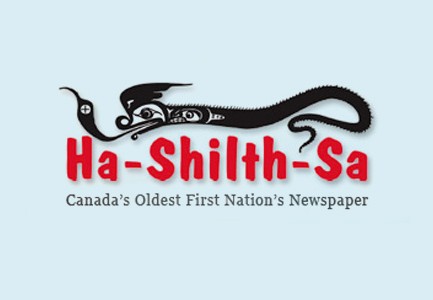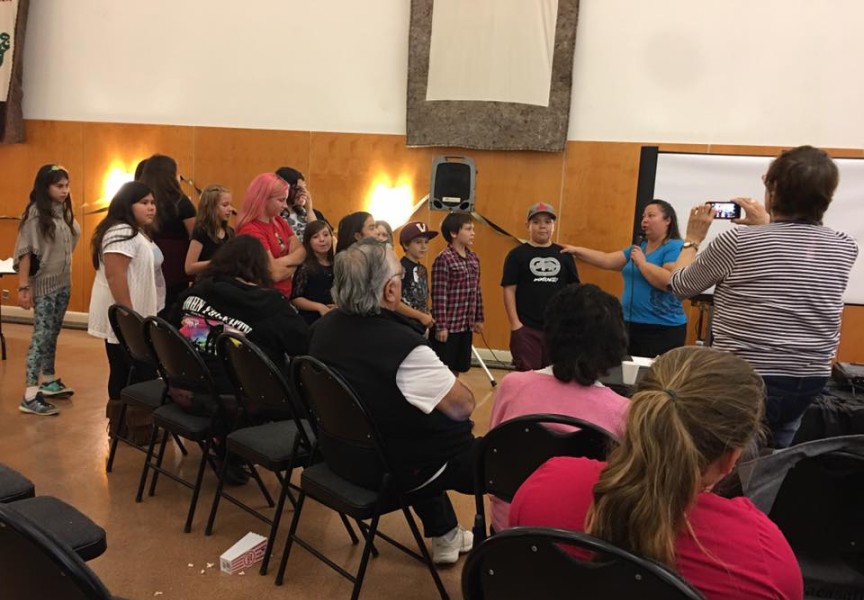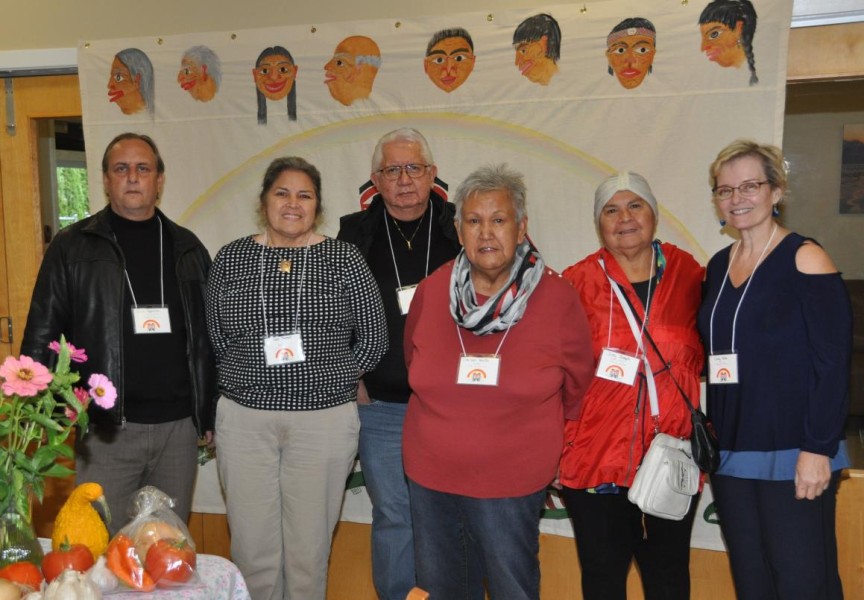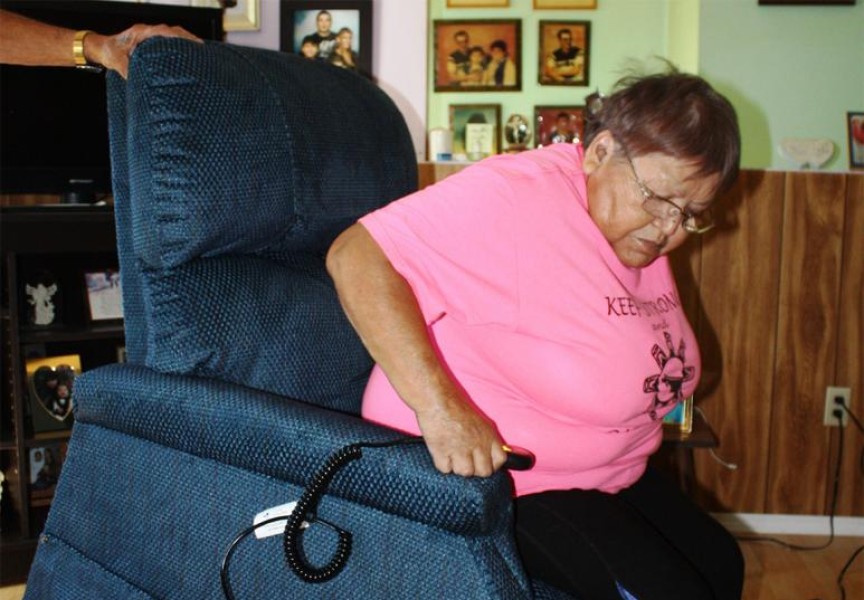Tseshaht First Nation has rejected a four-year Tsu-ma-as Fishery Agreement as proposed by Fisheries and Oceans Canada (DFO), but it will not disrupt the 2016 sockeye fishing season.
On May 26, Tseshaht announced that it would not sign the agreement “until fair representation and consideration is given to the Nation.”
Speaking with Ha-Shilth-Sa on May 31, Tseshaht Fisheries Manager Andy Olsen said the fishery would go ahead under the terms of previous one-year agreements.
“The community agreed to sign a one- year agreement with the understanding that we would negotiate a four-year agreement,” Olsen said, noting that neither side was looking for a prolonged dispute.
“Things are progressing quickly. We signed an agreement this morning.”
Had no agreement been put in place, fishers would have been prohibited from selling their catch to commercial buyers. The sockeye harvest is already underway and the initial Somass River run estimate is for a healthy one million fish.
“We have formed a committee to negotiate an agreement,” Chief Councillor Cynthia Dick said.
That committee consists of herself, councillor Hugh Braker, Olsen and community representative Martin Watts. For Dick, who was sworn in on May 19, it has been a reminder of the magnitude of her elected role.
“This is one of the most important agreements we do sign as a nation, and we want to have adequate consultation and input on the language and terms,” Dick said.
Hupacasath Fisheries Manager Graham Murrell said his Nation had been prepared to sign the original DFO agreement conditionally.
“We were prepared to go ahead with the four-year agreement with some amendments to be added through the season,” Murrell said. “DFO has agreed to consult during the season to address these issues.”
Murrell said both Nations very much want to forge a longer-term agreement in order to provide certainty for their fishers.
“When our fishers look to get financing for their boats and equipment, it looks better when [the banks] know they have a long-term agreement to sell their fish commercially,” Murrell said. “We just wanted to get our fishers out on the water and they want to be able to sell their fish.”
Murrell said the Nations are now working out the details for the communal drag seine fishery, which typically starts in early June.






